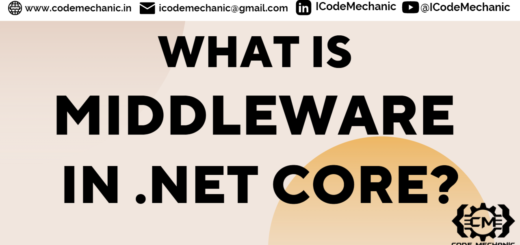The Rise of Decentralized Data Storage: Shaping the Future of Data Management
In the digital age, data has become the lifeblood of modern society. From personal information to business transactions and scientific research, our world revolves around data. As data continues to grow exponentially, the methods and systems used to store and manage it have evolved significantly. One of the most intriguing developments in recent years is the concept of decentralized data storage, which stands in stark contrast to the traditional centralized data storage systems we’ve been accustomed to. In this blog, we’ll explore what decentralized data storage is, how it differs from centralized data storage, and what the future holds for this groundbreaking technology.
What is Decentralized Data Storage?
In centralized data storage, data is held and controlled by a single entity, such as a company or organization. This traditional approach has been prevalent for decades, with data stored on centralized servers owned and managed by these entities. The centralization of data offers certain conveniences like easier management, maintenance, and access control. However, it also comes with significant drawbacks.
Decentralized data storage, on the other hand, is a paradigm shift in how data is managed. It is a distributed system where data is not stored in a single location but rather spread across multiple nodes, devices, or servers, often in a peer-to-peer fashion. Each node in the network retains a copy of the data, ensuring redundancy and fault tolerance. This redundancy means that even if some nodes fail or go offline, the data remains accessible through other nodes.
Blockchain technology is often associated with decentralized data storage systems, as it provides a secure and tamper-resistant way to manage data across a distributed network. However, other decentralized data storage solutions that don’t rely on blockchains also exist, utilizing different cryptographic and consensus mechanisms to maintain data integrity and availability.
How is Decentralized Data Storage Different from Centralized Data Storage?
- Data Control and Ownership: In centralized data storage, a single entity has complete control and ownership over the data. This can lead to issues concerning data privacy, security, and censorship, as the organization can choose to restrict or manipulate access to the data. In decentralized data storage, data ownership is more distributed among network participants, and data control is more democratic, ensuring a fairer and more transparent data management system.
- Resilience and Security: Centralized data storage is vulnerable to single points of failure. If the central server experiences a breach or outage, it can disrupt access to the entire dataset. Decentralized data storage, with its distributed nature, provides greater resilience against such incidents. Hacking a decentralized system becomes incredibly challenging since an attacker would need to compromise a majority of nodes to have any significant impact.
- Scalability: Traditional centralized data storage systems may face scalability challenges as the volume of data increases. Decentralized data storage, when designed well, can scale more effectively by adding more nodes to the network.
- Cost and Efficiency: Centralized data storage can be expensive to maintain and scale, as it often requires substantial hardware, infrastructure, and operational costs. Decentralized data storage, on the other hand, can potentially leverage unused resources from participants in the network, making it a more cost-efficient solution.
The Future of Decentralized Data Storage
The future of decentralized data storage looks promising and has the potential to revolutionize the way we handle data. Several factors contribute to the growing significance and adoption of this technology:
- Data Privacy and Security Concerns: With an increasing number of high-profile data breaches and privacy violations, individuals and businesses are becoming more aware of the need for robust data security. Decentralized data storage, with its inherent security features, offers a compelling alternative to mitigate such risks.
- Blockchain Integration: Blockchain technology continues to mature, and its integration with decentralized data storage systems provides additional layers of data integrity, transparency, and immutability. Smart contracts on blockchains can also be used to enforce access controls and data sharing policies.
- Empowering Data Ownership: Decentralized data storage systems empower individuals to have more control over their data. Users can choose how and where their data is stored, and they can grant or revoke access to specific parties without relying on centralized intermediaries.
- Resilience in Web 3.0: As the internet evolves into Web 3.0, decentralized data storage will play a pivotal role. Web 3.0 envisions a more decentralized and user-centric internet, and data storage is a critical aspect of achieving that vision.
- Community and Collaborative Storage Solutions: Decentralized data storage encourages collaboration and incentivizes participants to contribute their resources to the network, creating a strong community-driven ecosystem.
Despite the potential benefits, decentralized data storage also faces challenges. Ensuring data availability, managing data distribution efficiently, and incentivizing network participants to contribute resources are some of the hurdles that need to be addressed for widespread adoption.
In conclusion, decentralized data storage represents a paradigm shift in data management, with the potential to democratize control, enhance security, and promote data ownership. As the technology continues to mature and overcome challenges, we can expect to witness greater adoption across various industries and a fundamental transformation in how data is stored and managed. The future of decentralized data storage is bright, and its impact on the digital landscape is bound to be profound.
Connect with Me https://linktr.ee/ICodeMechanic




